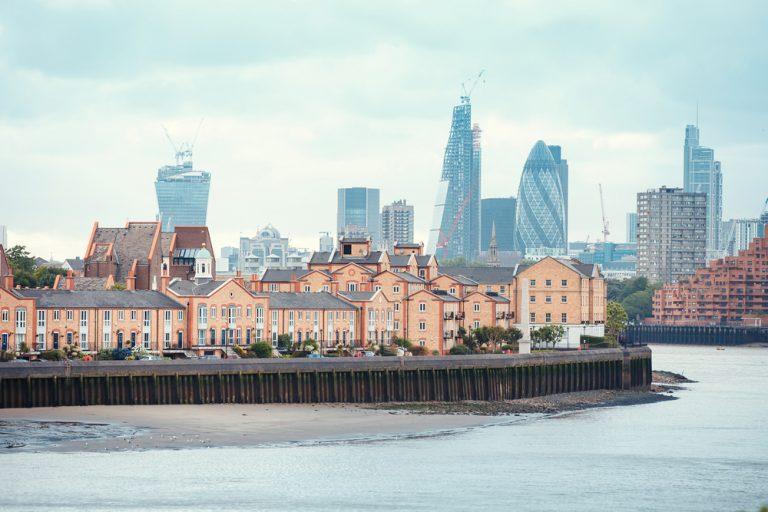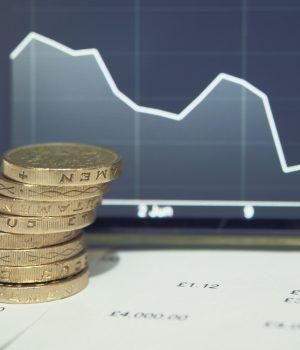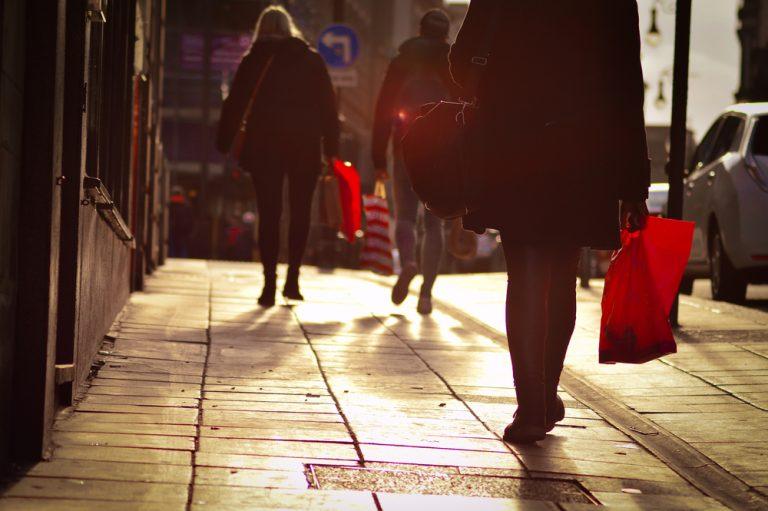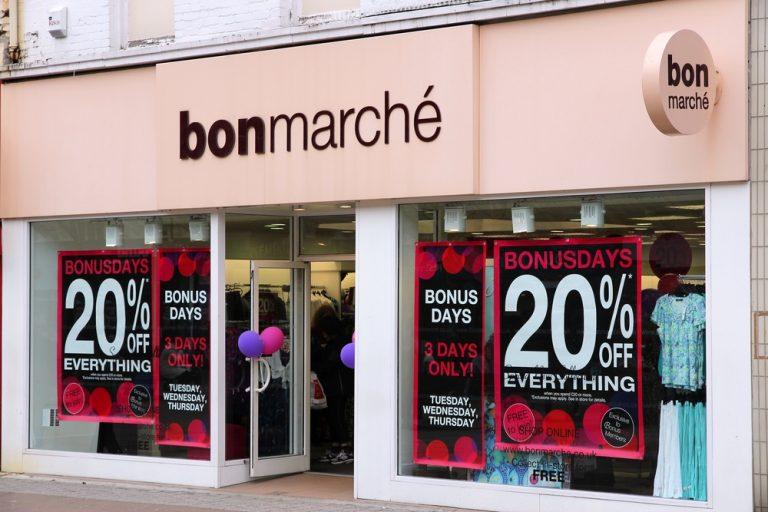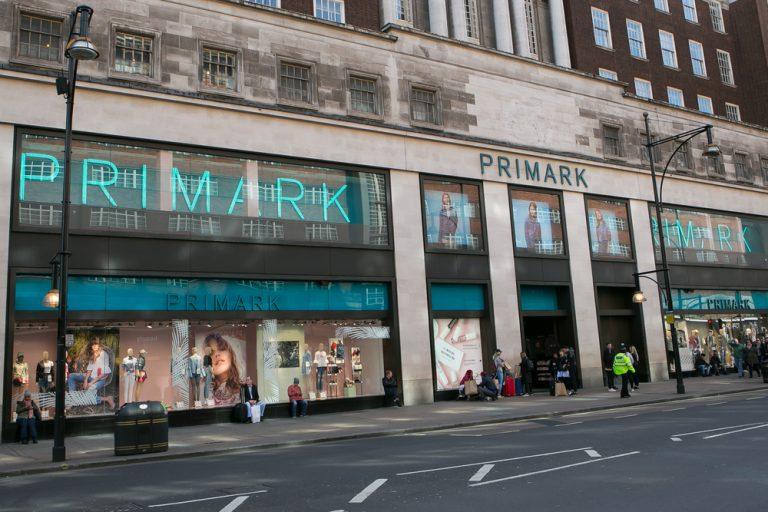London’s top four property hotspots
If you’re looking for the next up-and-coming place to invest in London property, forget the old hotspot areas of Hackney and Dalston, whose house prices have long since surpassed those of affordability. Whether you’re a first time buyer, looking to buy-to-let or a renter who want something better for their buck, discover our recommendations for London’s hottest new locations.
Streatham
With established property markets such as Brixton and Peckham nearby, demand is now spreading into nearby Streatham. Often preceded by a reputation for crime gained in the 1980s, Streatham has since undergone a regeneration and offers a good location with South West London’s charm. Well connected to the city centre by the rail services from three stations and centred around the open space of Streatham Common, it is perfect for both families and commuters.
Brent
Brent is often overlooked for being slightly too far out of the centre, but its distance comes with benefits. Average property prices in Barnet are below £600,000, and there’s a good range of both good private and state schools to choose from. Transport links into the centre are better than many places, benefitting from both National Rail services and the Underground line.
Sutton
House prices in the area have jumped by £30,000 since December last year – far beyond the UK average of £20,000; however at £378,000, the average house price in Sutton is £100,000 cheaper than the average for the capital. In its fourth edition, the Family Hotspots Report concluded the postcodes SM3, SM1 and SM2 were all in the top ten places in London for family friendly living. This covers North Cheam and Stonecot Hill; Belmont, South Sutton, South Cheam and East Ewell; and Sutton, Rose Hill, parts of The Wrythe and Carshalton, Benhilton and Erskine Village.Silvertown
Some of London’s most exciting new developments have been given the go-ahead in Silvertown, the area adjacent to London City airport and the Excel centre. Millennium Mills, a derelict turn of 20th century flour mill in West Silvertown, is set to be turned into a large commercial workspace. It has excellent transport links with the DLR to both Canary Wharf and Bank, making it a perfect commuting hotspot.
Investor hunger for crowdfunding pushes Crowd2Fund growth to 4,700pc
IFISA
The platform is experiencing a 50 percent month on month growth rate, with its popularity coming in part for its ability to offer the Innovative Finance ISA. The last few months have seen an accelerated uptake of the product, with the expectation that this demand will continue with the ISA allowance having been raised from £15,240 in 2016/17 to £20,000 in 2017/18. 95 percent of investments are now made into this product, despite sceptics dubbing the project a “damp squib” in the wake of its release.Total funds raised
The total funds raised on the platform in Q1 is up a staggering 4700 percent year on year, benefitting from a flummox of new investors showing the propensity to increase their size of investment into each individual campaign. Another factor likely to have increased the total number of funds raised is the drop in interest rates to 0.25 percent, announced by the Bank of England in August last year.Registered users
Registered users on the platform increased by 236 percent, with 75 percent of these being investors and the other 25 percent being business users. The figures are encouraging, showing that the demand for debt crowdfunding and the IFISA is no longer latent and that users have begun deploying funds soon after registrations as opposed to just signing up out of curiosity.Highlight campaigns
The success of Norman Rogers, a fish and chip business based in Grimsby, proves that debt crowdfunding is a viable financing option for more traditional businesses based outside of London. The fish and chip wholesaler reached their funding target of £50,000 in just over a week. Hospitality and leisure businesses have continued to perform well, due to them being easy to understand for everyday investors. The successes of Micro Fitness Ltd and Ashburton Cookery School indicate that the SME economy is moving towards being more experience led. Little Pickers, a supplier of hospitality services to the music industry, funded in just over two days despite being a relatively curveball proposition for most investors.Campaigns are closing faster
Campaigns are now funding in a matter of days, rather than weeks – notably, 36&5 raised £90,000 in just a few hours. As a result of this many businesses are increasing their funding requirements in order to accommodate for increased demand from investors, as well as to allow themselves extra finance to grow their businesses. [1] 3900% represents growth of the total number of businesses funding in Q1 2017 vs Q1 2017. 4700% represent the total growth of funds transacted on the platform in Q1 2017 vs Q1 2017International payments service FairFX shares jump on strong results
UK Retail Sales fall the most in seven years
Premier League revenues soar – but clubs still struggle to profit
Dan Jones, head of the Sports Business Group at Deloitte, said:
“Manchester United’s participation in the 2015-16 UEFA Champions League, coupled with continued strong commercial revenue growth, resulted in a 30 percent increase in revenue to 515m pounds. This saw them top the Deloitte Football Money League for the first time since 2003-04, as the world’s highest revenue-generating club,” Jones said.
“Increased distributions to clubs competing in Europe, under the new UEFA broadcast rights cycle – notably Manchester City, who reached the semi-finals of the UEFA Champions League – also contributed to Premier League clubs’ revenue growth,” he added.
18 of the 20 clubs made a operating profit, with just 12 clubs making a pre-tax profit. Overall revenues are set to rise going into the next season, with a new television deal with Sky and BT worth a record £5.136 billion for live Premier League TV rights over three seasons.


